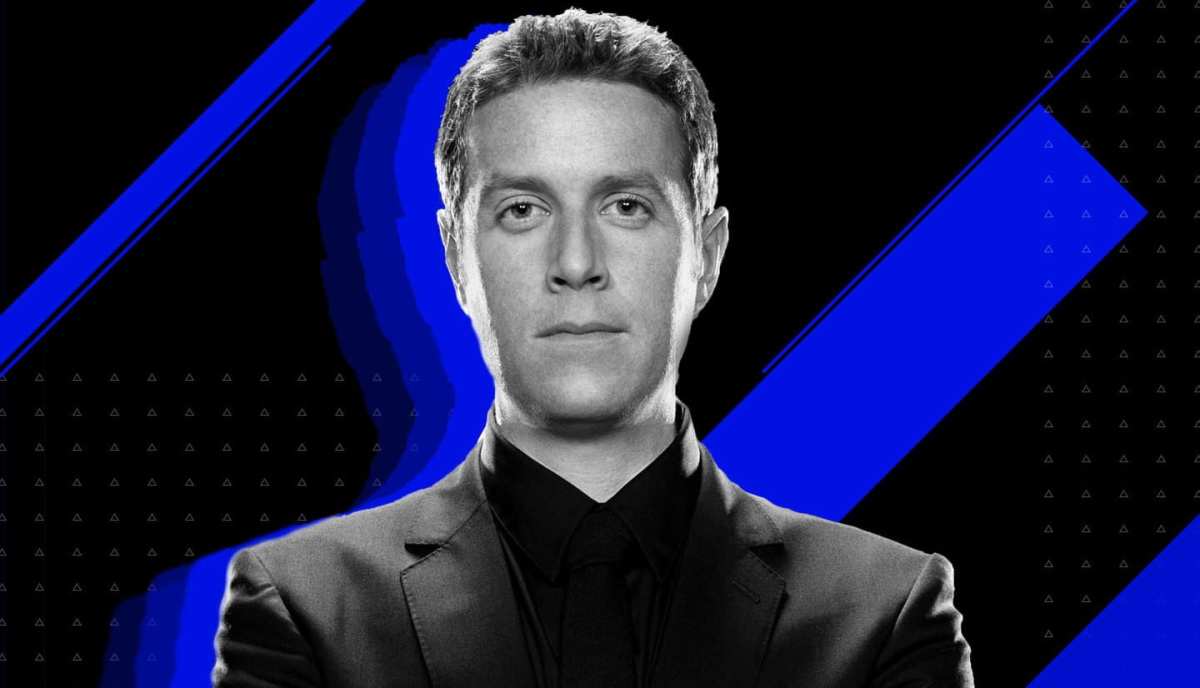E3 2023 was soundly cancelled in late March 2023, despite the best efforts of new organiser ReedPop. The decision was allegedly made due to ‘resourcing challenges’, and because major companies ‘wouldn’t have playable demos ready’ – but many suspected the rise in popularity of rival event, Summer Game Fest, also had much to do with this move.
Over the last several years, Summer Game Fest has grown exponentially, with organiser Geoff Keighley managing to wrangle hundreds of prominent video game developers into online digital showcases and a new, award-style presentation livestreamed to keen viewers worldwide.
When the cancellation of E3 2023 was announced, Keighley was mournful on Twitter. He posted an image of himself at the convention decades prior, and said: ‘E3 meant so much to me and to so many of you too. Four years ago, I realised that E3 wasn’t evolving as it needed to compete in a global, digital world. So we started building what’s next.’
Many saw this post as a victory announcement, as the cancellation of E3 2023 paved the way for this year’s Summer Game Fest to become a standalone, competition-free showcase for the latest and greatest in video games.
Read: Summer Game Fest 2023 – Full event schedule
Now, Keighley is pushing back on this narrative, claiming the rise of Summer Game Fest was organic and that E3 was not ‘killed’ by the popularity of his invention.
‘I think E3 sort of killed itself in a way,’ Keighley recently told the VGC Podcast. ‘I understand why people say [SGF killed E3], but I think, if anything, we created Summer Game Fest – and I built Summer Fest – because we saw the wheels feeling off the wagon of E3’
‘For two decades, E3 was part of my life, since I was 15 years old … I went to every show. I loved it, and it defined my summer … It was heartbreaking to see that start to fall apart. I think they had a relevancy problem, and then they also had a participation problem over the final years.’
As Keighley notes, big-name companies began dropping out of E3 in the late 2010s, as it made more sense for individual companies to host their own showcases – likely due to monetary decisions, as well as a desire to engage public audiences more – E3 was largely a trade and media show. As more companies headed online for global livestreams, interest and value in a third-party-run physical show dulled.
‘I think the question is, if we didn’t do Summer Game Fest what would happen? I think things would have just kind of really splintered apart this summer,’ Keighley told the VGC Podcast.
‘I started Summer Game Fest at home in a spare bedroom, not even knowing what I was really doing – we were just trying to figure out a way to bring news to fans … I never really felt in competition with E3, we were doing something different. We were focusing on a big livestreamed digital show.’
According to Keighley, many factors aligned to contribute to the fall of E3, including a seeming inability for organisers to adapt to new digital requirements, which would include worldwide audiences. During the creation of Summer Game Fest, Keighley questioned the viability of E3 going forward, and chose to create an event that filled the gaps he identified in their game plan.
The rest, as they say, is history.
Summer Game Fest 2023 kicks off on 8 June 2023. As noted, E3 2023 has been cancelled, and it’s unknown if the show will return in future.





